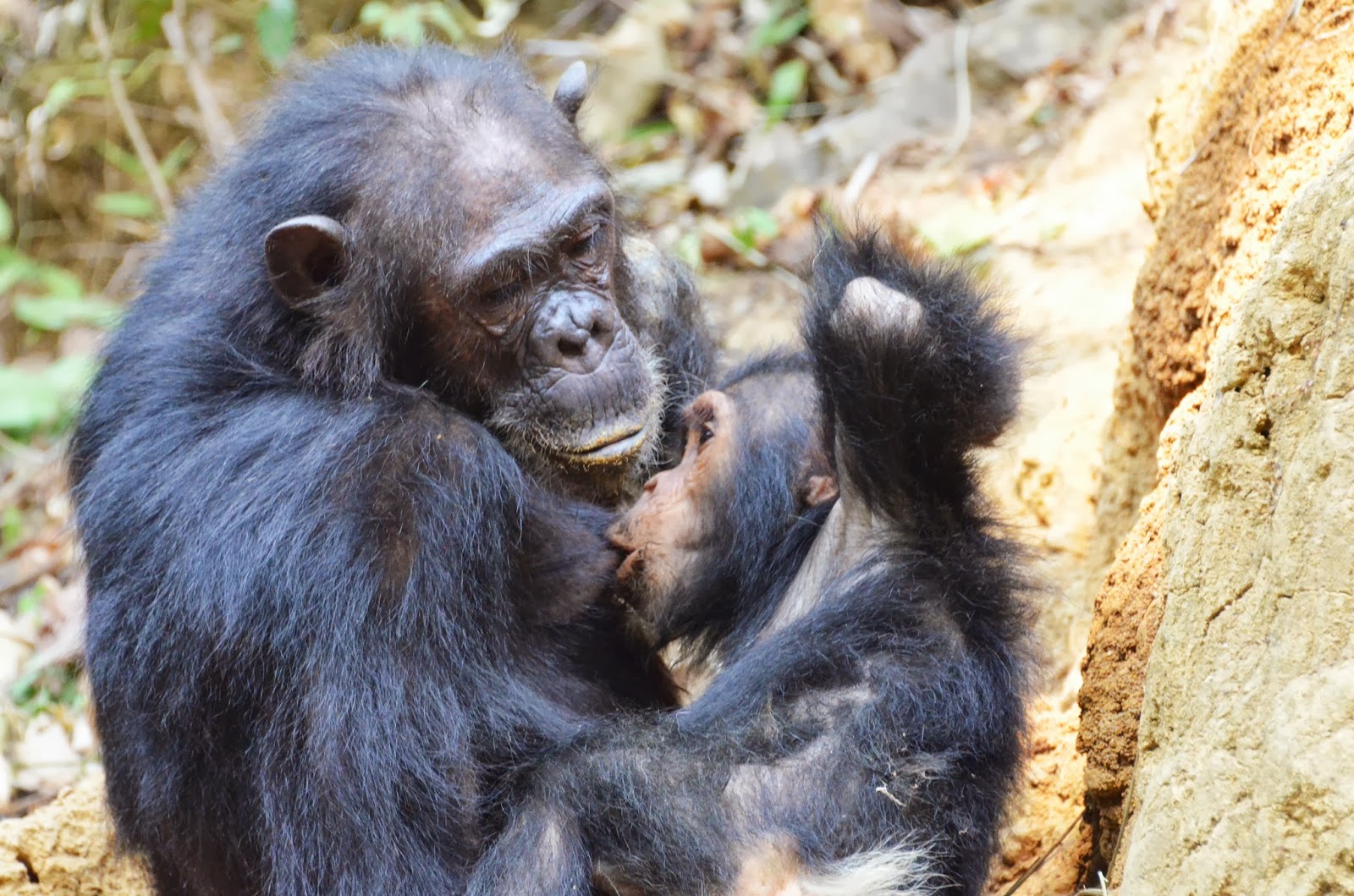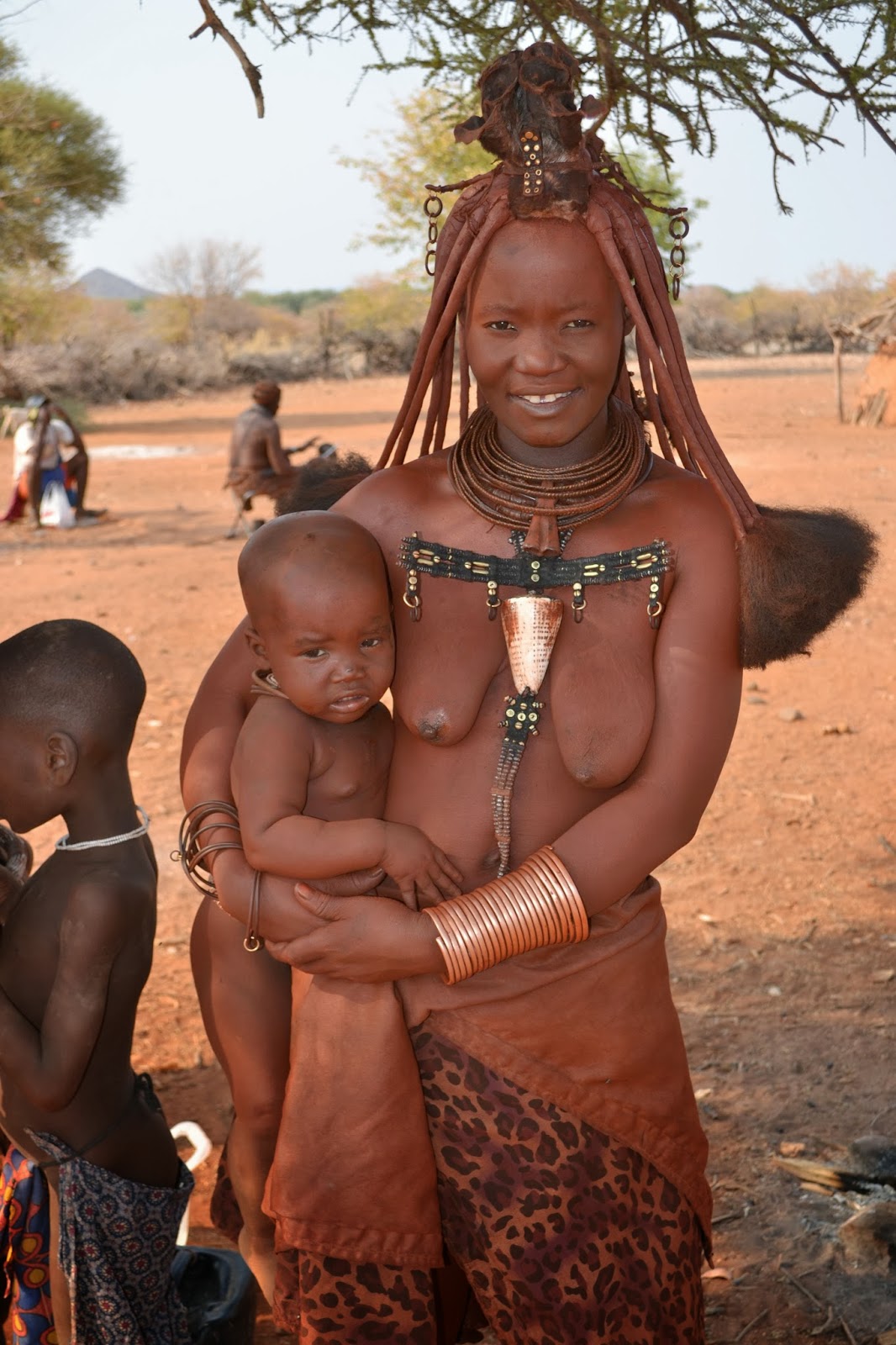Daughter Dearest?

In mammals, females dissolve parts of themselves to feed their babies. Or more science-y “mammalian females pay high energetic costs for reproduction because the synthesis of milk requires mobilization of bodily reserves to nourish developing young.” Photo by Pascal Gagneux BACKGROUND In evolutionary biology, lots of research has been dedicated to understanding how mothers direct care and nourishment to their young in relation to their own physical, social, and psychological condition and where they are at in their reproductive careers (first baby, second baby, etc). Infant characteristics may also influence how mothers invest, and the characteristic of greatest interest to evolutionary biologists has been whether they are rearing a son or a daughter. Biologists have proposed numerous hypotheses “for sex-biased maternal investment,” but the most well-known and investigated remains the Trivers-Willard hypothesis. Trivers and Willard hypothesized that a female, depending on if she i...

